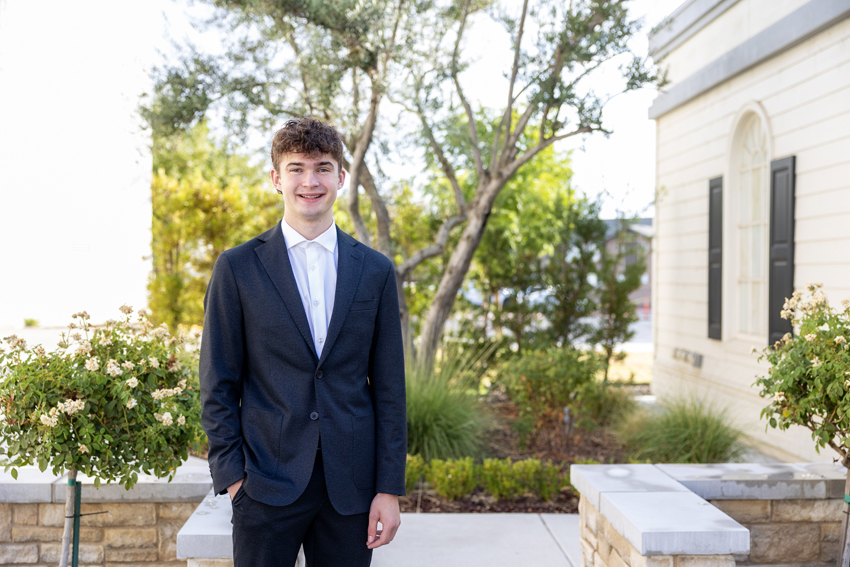In 2008, a financial meltdown occurred in the United States that affected nearly every Americans’ lifestyle. Business giants such as AIG and Citibank collapsed and had no other option but to accept government bailout money. Even the largest corporation in America, General Electric, was on thin ice. America was in dismay and, to this day, the American people are searching for answers as to why their bank account has stayed stagnant for the past three years.
Last month, Andrew Ross Sorkin, a financial columnist for the New York Times, spoke for the San Joaquin Valley Town Hall Lecture Series. The chief topic that Sorkin spoke on was his hit novel, Too Big to Fail, a book that explains the collapse of the American banking system in 2008.
Before Sorkin’s lecture began, students were given a chance to ask him questions based on his vast experience in the finance sector. I led off the session asking: “Given your experience on Wallstreet and your degree in economics, what is the best financial advice that you could give to us at this point in our lives?”
I expected this question to be answered with a relatively complex answer. Maybe he would suggest where to invest money or the best way to start a 401k plan. Yet Mr. Sorkin kept his advice extremely powerful and concise. The rule he gave us students was very simple: stay out of debt. He went on to say that there are obviously more detailed tips about how to handle money, but the most important thing is debt. Our crisis in 2008 was caused by a lot of things, but Mr. Sorkin once again narrowed the problem down to that one simple thing.
After questions, Sorkin spoke largely about Wallstreet and the necessity of the bailout that occurred in 2008.
The subject of the bailout seemed to be a sore subject for many audience members, as it seemed that the majority of the audience was conservative, not believing in much government involvement in the economy. After all, once everything was said and done, the bailout cost over $1 trillion in spending. From blatantly-malign comments, it seemed that some audience members felt that the bailout was a waste of taxpayers dollars and did nothing to actually aid the economy. Sorkin on the other hand, had convincing evidence about why the bailout was indeed indispensable.
Sorkin provided the audience with a certain projection that was run before the bailout was even introduced, which he had acquired from an acquaintance. Said acquaintance worked for a high-up official at a U.S government agency and had the task of running an analysis to hypothetically measure what would happen to America if there was no bailout at all.
The resulting statistics that Sorkin gave were absolutely astounding. The conclusion of the test was as follows: after 12 months, unemployment would be over 20 percent; after 24 months, the rate would be over 30 percent. Keeping in mind that, during the Great Depression, the highest unemployment rate was around 24 percent, these numbers seemed staggering in comparison. While these statistics could easily be off by a small amount, if no bailout was issued, it is very possible that a second “Great Depression” would have occurred in the U.S.
Most Americans are very confused by the economy and are searching for answers to our current recession, but Sorkin explained our current economic situation in a very understandable way. Additionally, Sorkin exterminated any doubts regarding the bailouts that I might have held before. Some conservative Americans saw the bailout as pointless spending. Yet, after Sorkin was through, I believe the audience came to the same conclusion as him: the bailout was indeed a necessity to save the American economy.
The next Town Hall Lecture will feature The New York Times bestselling author Amy Chua, at the William Saroyan Theatre, Jan. 18. Students can attend a Q&A session with the author starting at 9:30 a.m.
For more information on The San Joaquin Valley Town Hall Lecture Series, read the Nov. 1 article, CNN analyst addresses courts, unbiased journalism (VIDEO).







Chloe Duerr • Jan 7, 2012 at 12:02 am
Thanks for the awesome photo, Tynin! 😀